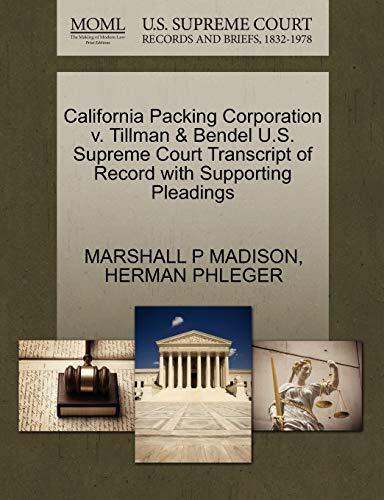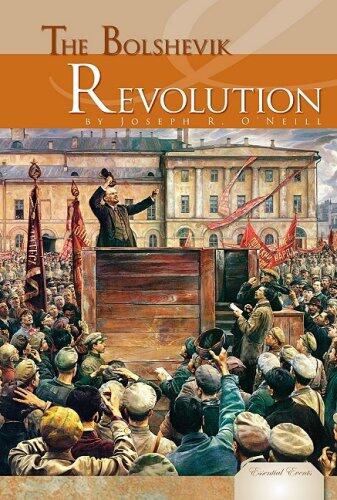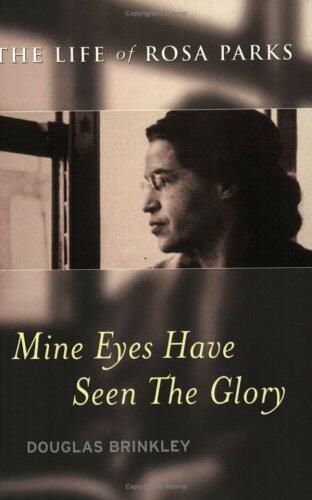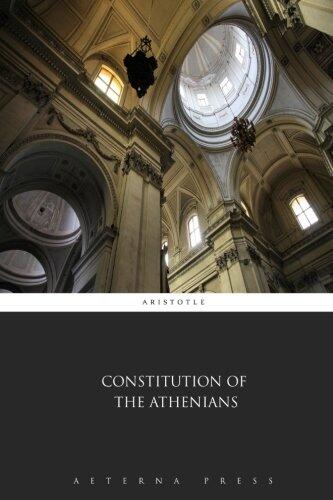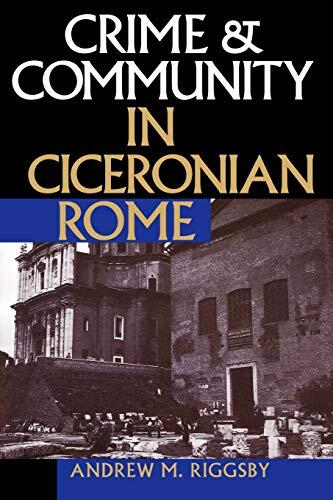
Crime and Community in Ciceronian Rome
Ancora nessuna valutazione
History
Philosophy
Formato
Brossura
Pagine
267
Lingua
Inglese
Pubblicato
Dec 1, 1999
Editore
University of Texas Press
Edizione
1 ED
ISBN-10
0292770995
ISBN-13
9780292770997
Descrizione
Amidst the political turmoil of the late Roman Republic, a nuanced landscape of crime and community unfolds, revealing the intricate connections between societal fabric and individual misdeeds. Andrew M. Riggsby delves into this compelling era, exploring how personal grievances were addressed not through public courts, but within the framework of private judicial systems. This distinct approach underlines a unique aspect of Roman legal culture, where the resolution of disputes was often a communal affair rather than a matter for the state.
Riggsby’s examination offers a lens through which to view the impact of crime on localized communities and the intricate relationships that shaped responses to wrongdoing. In this context, individual actions reverberate within their social context, raising questions about accountability, honor, and the collective understanding of justice. By analyzing the interplay between crime and community, he illuminates the voices from the past that echo in the corridors of Roman life.
The work further contextualizes these private prosecutions against the backdrop of broader societal struggles, capturing the precarious balance between power, influence, and morality in a city rife with political ambition and personal vendettas. By focusing on the unique aspects of Ciceronian Rome, Riggsby highlights the ways in which citizens navigated the complexities of their environment, seeking justice in a world where formal legal recourse was often unavailable or ineffective.
Through a blend of historical narratives and legal analysis, this exploration invites readers to consider how notions of justice can be as diverse as the communities from which they arise, echoing themes that remain relevant today. Riggsby successfully illustrates that in Rome, the echoes of individual actions were not just personal, but were woven into the very fabric of community life.
Riggsby’s examination offers a lens through which to view the impact of crime on localized communities and the intricate relationships that shaped responses to wrongdoing. In this context, individual actions reverberate within their social context, raising questions about accountability, honor, and the collective understanding of justice. By analyzing the interplay between crime and community, he illuminates the voices from the past that echo in the corridors of Roman life.
The work further contextualizes these private prosecutions against the backdrop of broader societal struggles, capturing the precarious balance between power, influence, and morality in a city rife with political ambition and personal vendettas. By focusing on the unique aspects of Ciceronian Rome, Riggsby highlights the ways in which citizens navigated the complexities of their environment, seeking justice in a world where formal legal recourse was often unavailable or ineffective.
Through a blend of historical narratives and legal analysis, this exploration invites readers to consider how notions of justice can be as diverse as the communities from which they arise, echoing themes that remain relevant today. Riggsby successfully illustrates that in Rome, the echoes of individual actions were not just personal, but were woven into the very fabric of community life.
Recensioni
Nessuna recensione ancora
Sii il primo a recensire questo libro e condividi i tuoi pensieri
Aggiungi Prima RecensioneRegistro di Lettura
Nessun registro di lettura trovato
Inizia a tracciare i tuoi progressi di lettura per vedere i registri qui
Aggiungi il tuo primo registro di letturaNote
Registro delle transazioni
Nessun registro delle transazioni trovato
Inizia a tracciare le tue transazioni di libri per vedere i registri qui
Aggiungi il tuo primo registro di transazione